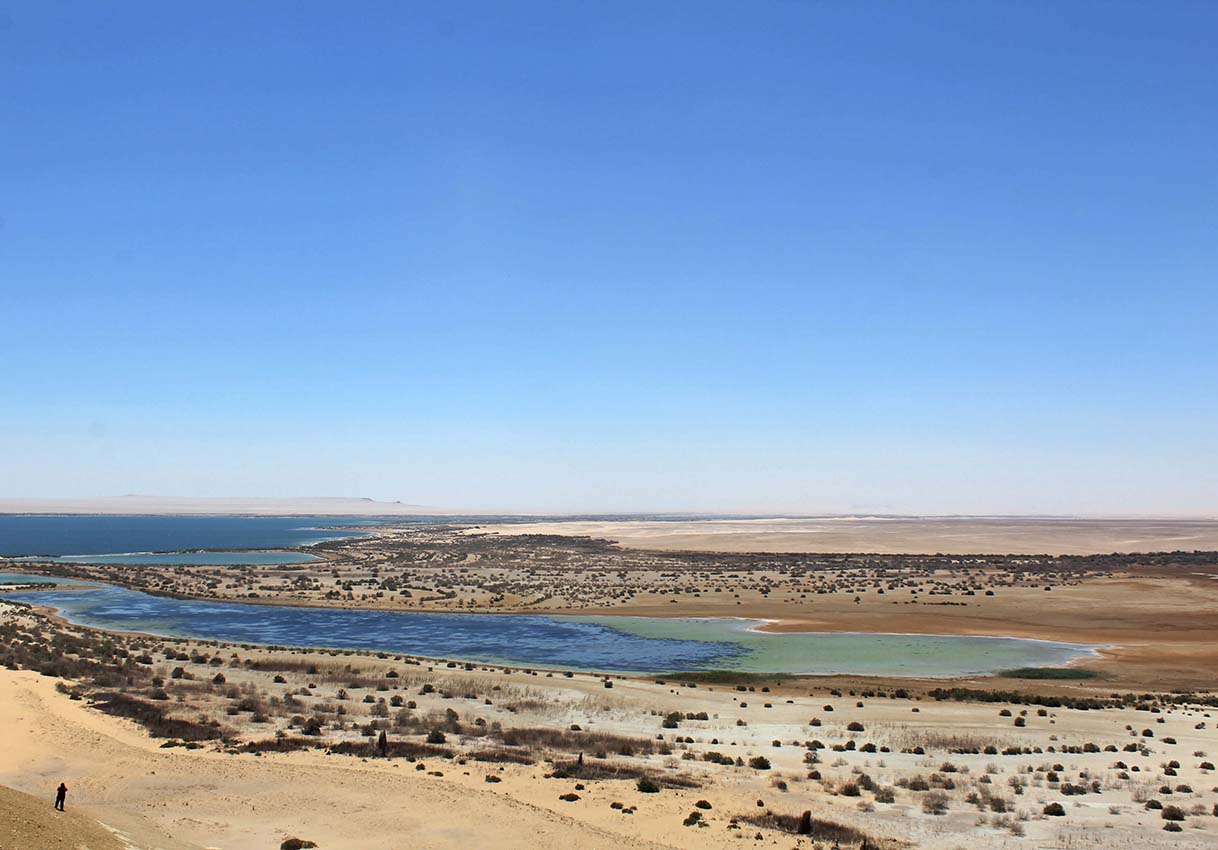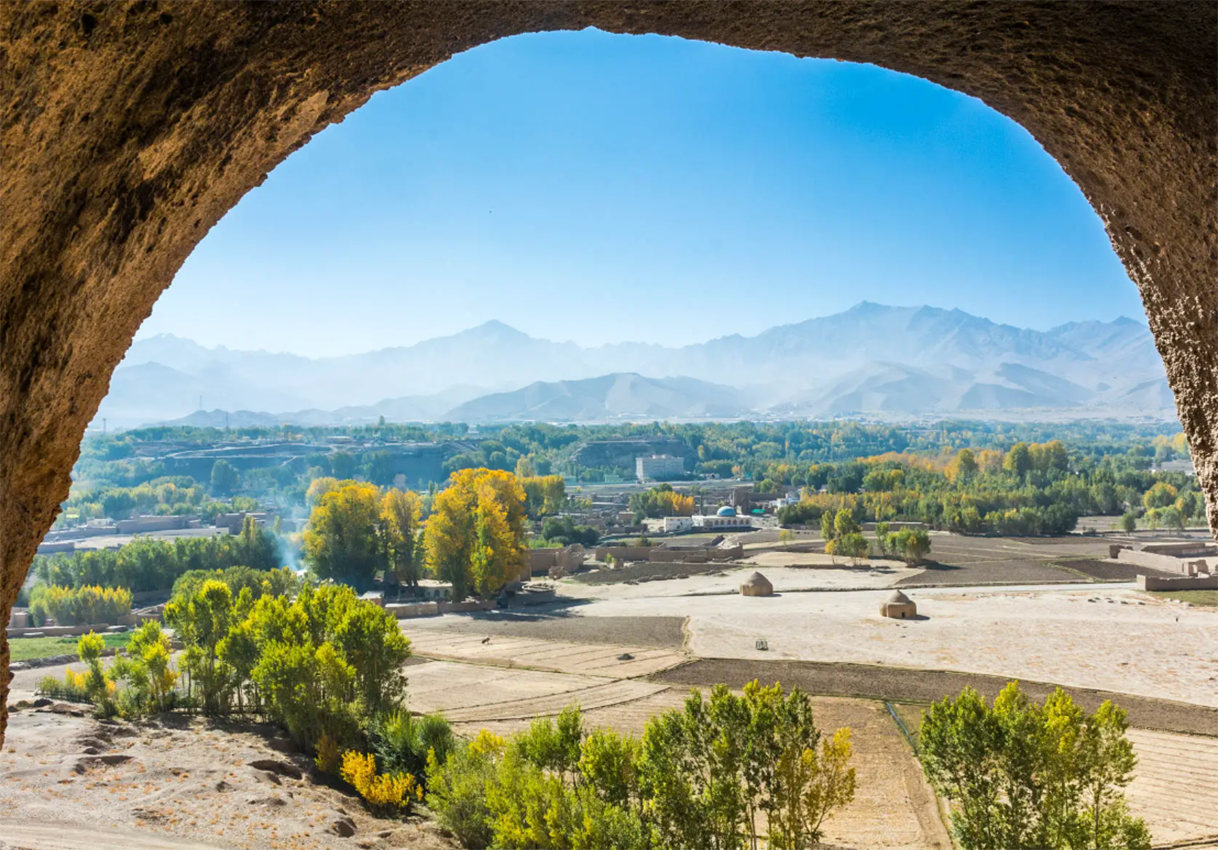Visiting Faiyum, Egypt, opens up a world of historical wonders and rich cultural experiences. To ensure a safe and respectful journey, it’s crucial to be aware of local customs and adhere to safety guidelines. We offer travel tips for Faiyum, including safety precautions and cultural insights, to enhance your visit to this captivating destination.
Safety Recommendations

1. Research and Preparation
Prior to your trip to Faiyum, conduct thorough research about the region. Familiarize yourself with local customs, traditions, and laws. Having an understanding of the cultural context will help you navigate Faiyum more effectively.
2. Stay Informed
Stay updated on current events and travel advisories related to Egypt. Register with your embassy or consulate to receive updates and assistance in case of emergencies.
3. Respect Local Traditions
In Faiyum, modesty is highly valued. Dress conservatively, especially when visiting religious sites or rural areas. Women should cover their shoulders and knees, and it’s advisable for both men and women to avoid wearing revealing clothing.
4. Photography Etiquette
Always seek permission before taking photos of people, especially locals. Some individuals may consider it invasive, so it’s essential to respect their preferences. Additionally, exercise caution when photographing government or military facilities, as it may be prohibited.
5. Currency Awareness
Familiarize yourself with the local currency, the Egyptian Pound, and its exchange rates. Use reputable currency exchange offices or banks to obtain local currency.
6. Health Precautions
Check if any vaccinations or health precautions are necessary before traveling to Faiyum. Carry any required medications and consume bottled water to avoid waterborne illnesses.
7. Transportation Safety
Be cautious when using public transportation. Choose well-known taxi services and agree on the fare before starting your journey. Avoid traveling in poorly lit or unfamiliar areas, especially at night.
8. Respect for Religion
Egypt is predominantly a Muslim country, and Faiyum is no exception. Show respect for Islamic practices, including prayer times, and refrain from entering mosques during prayer sessions unless you are a Muslim. Always remove your shoes before entering a mosque.
Cultural Insights

1. Greetings
In Faiyum, greetings play a significant role in daily life. A common greeting is “As-Salamu Alaykum” (Peace be upon you), to which the response is “Wa Alaykum As-Salam” (And peace be upon you too). A friendly handshake is acceptable among individuals of the same gender.
2. Social Customs
Egyptians are known for their warmth and hospitality. When invited to someone’s home, it’s customary to bring a small gift, such as sweets or fruit. Removing your shoes before entering is a sign of respect.
3. Bargaining
Bargaining is a common practice in markets and shops. Be prepared to negotiate prices, but do so politely and with a smile. Bargaining is considered an integral part of the shopping experience.
4. Dining Etiquette
When dining with locals, use your right hand for eating, as the left hand is considered unclean. Explore a variety of traditional Egyptian dishes, but remember that many locals fast during Ramadan, so it’s courteous not to eat or drink in public during daylight hours.
5. Public Displays of Affection
Public displays of affection, such as hugging and kissing, are generally considered inappropriate in public spaces. It’s advisable to show restraint in this regard.
A trip to Faiyum offers a unique opportunity to explore Egypt’s cultural heritage and natural beauty. By respecting local customs and following safety guidelines, you can have a secure and enriching experience in this captivating region. Embrace the warm hospitality of the locals, savor traditional cuisine, and immerse yourself in the historical wonders that Faiyum has to offer—all while being a culturally aware and responsible traveler.




